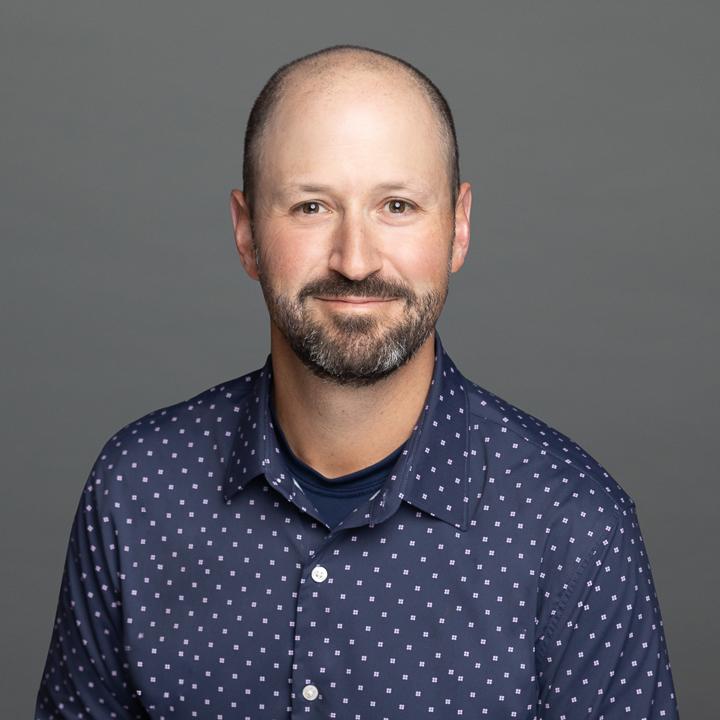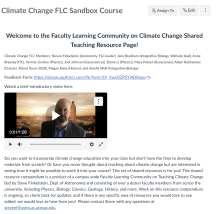Steven Finkelstein

Steven Finkelstein is a Professor at the University of Texas at Austin. He received his B.S. degree from the University of Washington in 2003, his PhD in 2008 from Arizona State University, and from there he took a postdoctoral position at Texas A&M University. In 2011 he earned a Hubble Postdoctoral Fellowship which he took to the University of Texas in Austin, where he was hired on as faculty in 2012. His research focuses on the formation and evolution of galaxies in the early universe, and the interplay of these sources with reionization. He makes use of the largest ground and space-based observatories, and is the principal investigator of a James Webb Space Telescope early release science program, as well as a co-PI of the first Webb public deep field survey (WDEEP). In the classroom he puts an emphasis on active learning, using flipped-classrooms to have students engage with the material in a hands-on manner when in person. He is married to Keely Finkelstein, an Associate Professor of Instruction in Astronomy at UT Austin, and they have two children.
Initiative

Improving Scientific Literacy and Climate Change Understanding for all UT Students
In CNS we teach ~6500 non-science majors in our introductory classes each year (>2000 in Astronomy alone). These are the last science courses these students take, which presents us with an opportunity to make a lasting impression. I propose to lead a Faculty Learning Community (FLC) to design module focused on scientific literacy and the science behind climate change. This module will be based on active learning, making use of the abundance of research that shows students retain information better by doing rather than listening.
Impacts

Teaching Climate Change (Canvas Module)
As part of Steve Finkelstein's PTF Initiative, a campus-wide faculty learning community constructed a canvas sandbox website where they could share materials related to climate change, with annotations, with the broader UT community. They collected the group's materials, and then tried to organize them in a useful way. The materials include lectures, activities, quizzes, projects, pre/post tests, etc., and are organized both by learning objective and by course. The website is now live, and a publication on pre/post survey results is being prepared.

